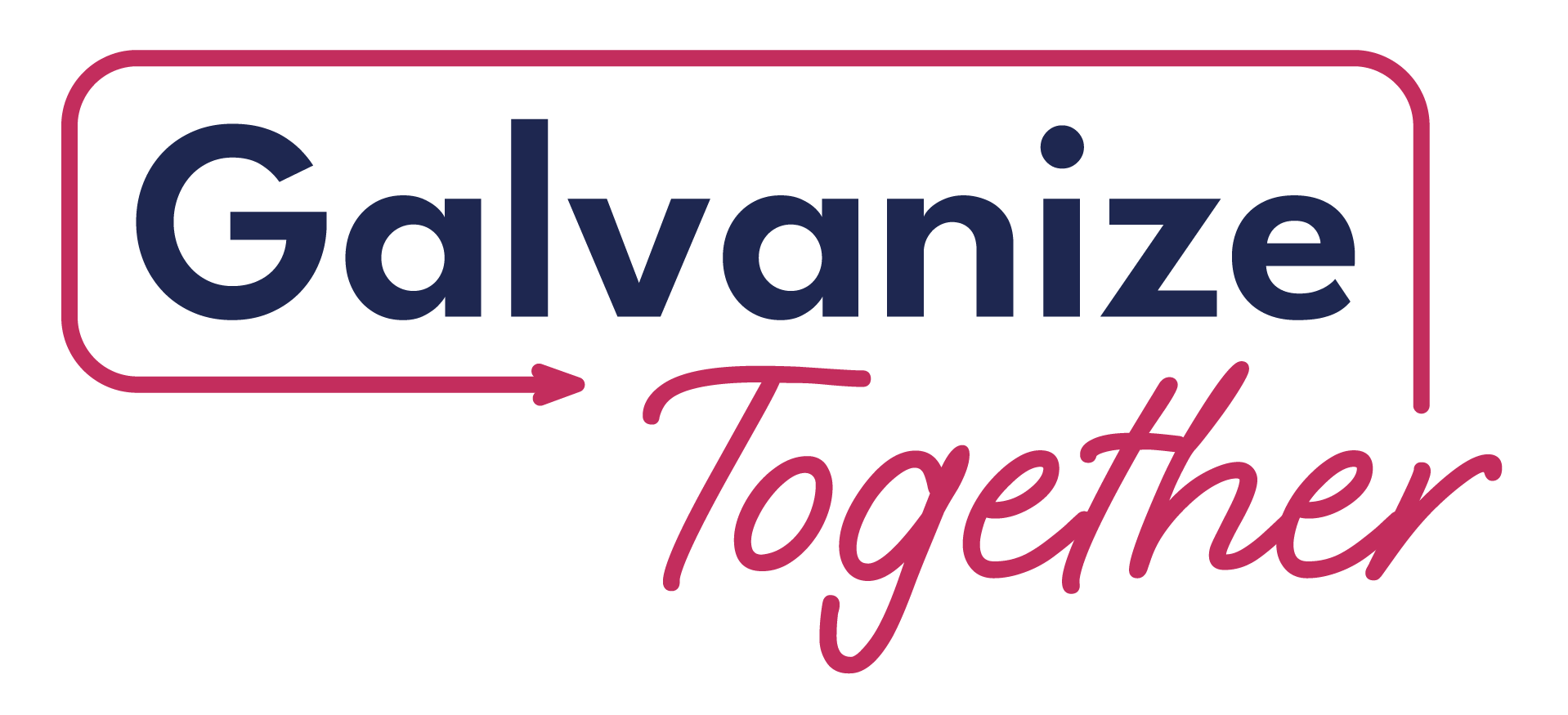My best friend won’t admit she has a drinking problem.
Reading Time: 2 minutes
Share:
Dear Grace,
My best friend has a drinking problem but won’t admit it. We are both 33, we grew up together, went to school together, and have always been close. For years, we both regularly went out drinking and had a good time. Since I hit 30 and got married, I kind of naturally settled into a more relaxed routine with fewer late nights and hangovers, but my friend went in the total opposite direction – she is drinking every day and not just one or two drinks. I’m worried about her. When I try to suggest sober activities for us, she just gets mad at me. I’ve seen how awful addiction can be and don’t want her to go down that road, but she refuses to accept my help or advice. How can I be there for her?
– Heartbroken in Harrisburg
Dear Heartbroken,
Of course you’re feeling heartbroken. What a hard thing to have to watch a close friend go through. My heart goes out to you. You’re smart to try to help your friend before the situation gets out of hand, if it hasn’t already.
According to the National Institute of Health, at least 29.5 million people are grappling with alcoholism. If you’re wondering whether or not you’re overreacting to your friend’s drinking, remember as soon as alcohol consumption causes problems in her life, it’s a problem.
First, educate yourself. Addiction is a complex illness and supporting your friend through it requires that you know what she’s up against. Here are some good resources to get you started:
- Al-Anon provides support to people whose loved ones are struggling with alcoholism
- Learn about treatment options and signs of alcoholism from the National Institute on Alcohol Abuse and Alcoholism
- Women For Sobriety supports alcoholics through their illness and recovery
Once you’ve gotten a handle on your situation, come up with a plan to talk to your friend.
Here are a few Do’s and Don’ts to help you have a productive, loving conversation:
- Do: Share your concern and love for your friend
- Do: Offer specific solutions to help her move forward
- Do: Talk to your friend when she is calm and sober
- Do: Keep your chin up–not all of these conversations are successful, but that’s no reason to lose hope.
- Do: Get a sense of her options. Recovery treatment can be expensive. You can get a free referral from the Substance Abuse and Mental Health Services Association for free and affordable resources in your area.
- Don’t: Shame or guilt her
- Don’t: Get emotional and make it about you
Heartbroken, don’t be surprised if you aren’t greeted entirely with open arms during this process. Stay your course, and continue to reach out to your friend, even if long stretches of time go by between her replies. When she comes up for air, she’s going to need friends like you in her corner.
Stay strong, and don’t lose hope.
<3 Grace



